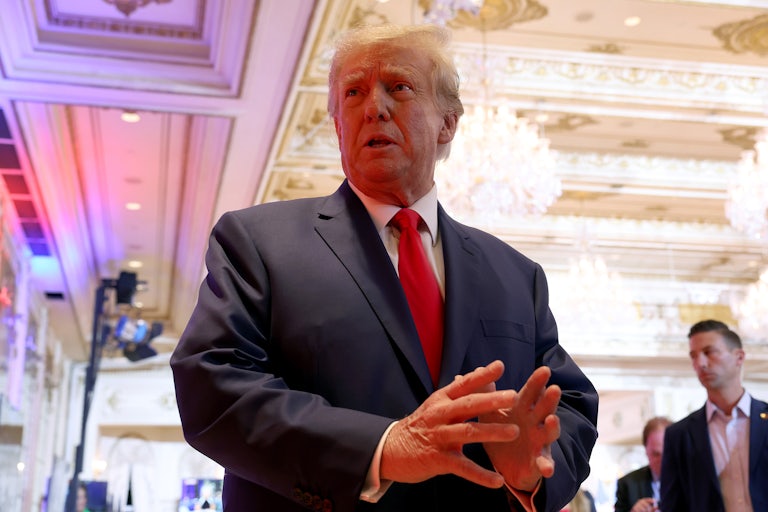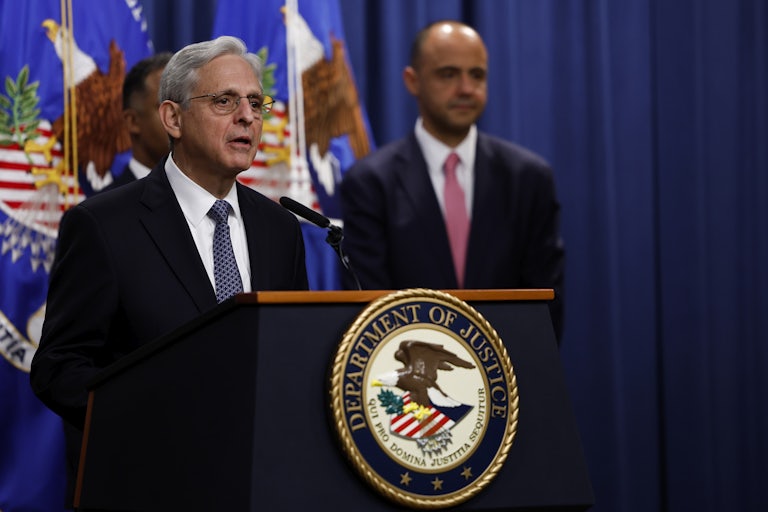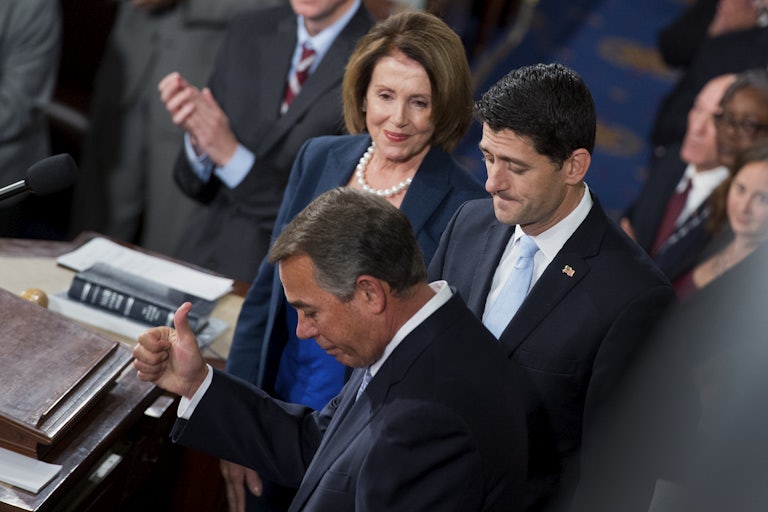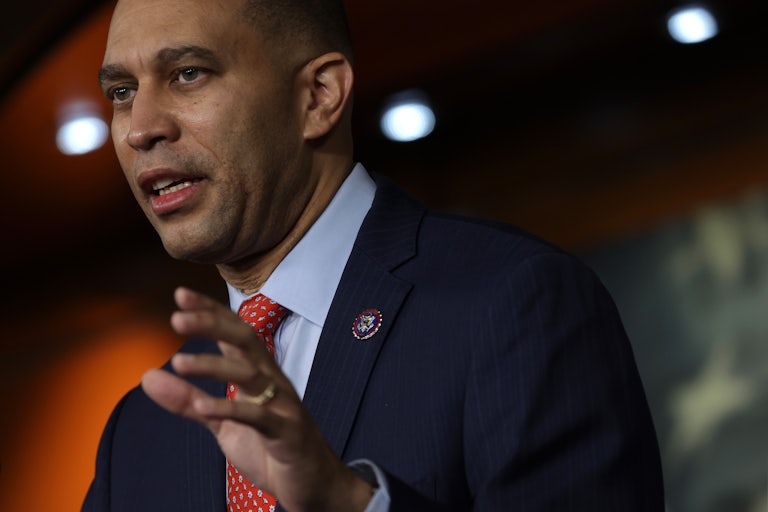Trump Says New Special Counsel Investigation Into His Crimes Is “So Unfair”
Trump said he won't partake in the special counsel's investigation, as if it's up to him.

On Friday, Attorney General Merrick Garland announced the appointment of a special counsel to oversee investigations into former President Donald Trump’s efforts to stay in power after losing the 2020 election, and his illegal possession of classified documents seized from Mar-a-Lago.
Trump, for his part, says he’s not going to “partake” in the special counsel inquiry—as if it’s up to him.
“I have been going through this for six years—for six years I have been going through this, and I am not going to go through it anymore,” Trump told Fox News.
The twice-impeached, twice-popular-vote-losing former president’s comments come just days after his announcement for a third consecutive presidential run. “It is so unfair. It is so political,” he said about the inquiry.
Garland said he appointed a special counsel knowing that Trump would be seeking another term as president.
Jack Smith, a former assistant U.S. attorney and chief to the DOJ’s public integrity section, will guide the investigation into Trump’s possession of classified documents after leaving the White House, and whether he obstructed the government’s initial investigation into the case. Smith will also look into Trump and his allies’ efforts to interrupt the transfer of power following the 2020 election.
Smith said in a statement Friday that he intends to “conduct the assigned investigations, and any prosecutions that may result from them, independently,” and that “the pace of the investigations will not pause or flag” under his watch.
The case provides further kindling to the sparks burning within the Republican party. “I hope the Republicans have the courage to fight this,” Trump warned, giving everyone in his party a chance to prove their loyalty or commit to distancing themselves from the former president. Republicans including Senator Ted Cruz and Representative Marjorie Taylor Greene have already jumped in to defend Trump and attack President Joe Biden and the Justice Department.








